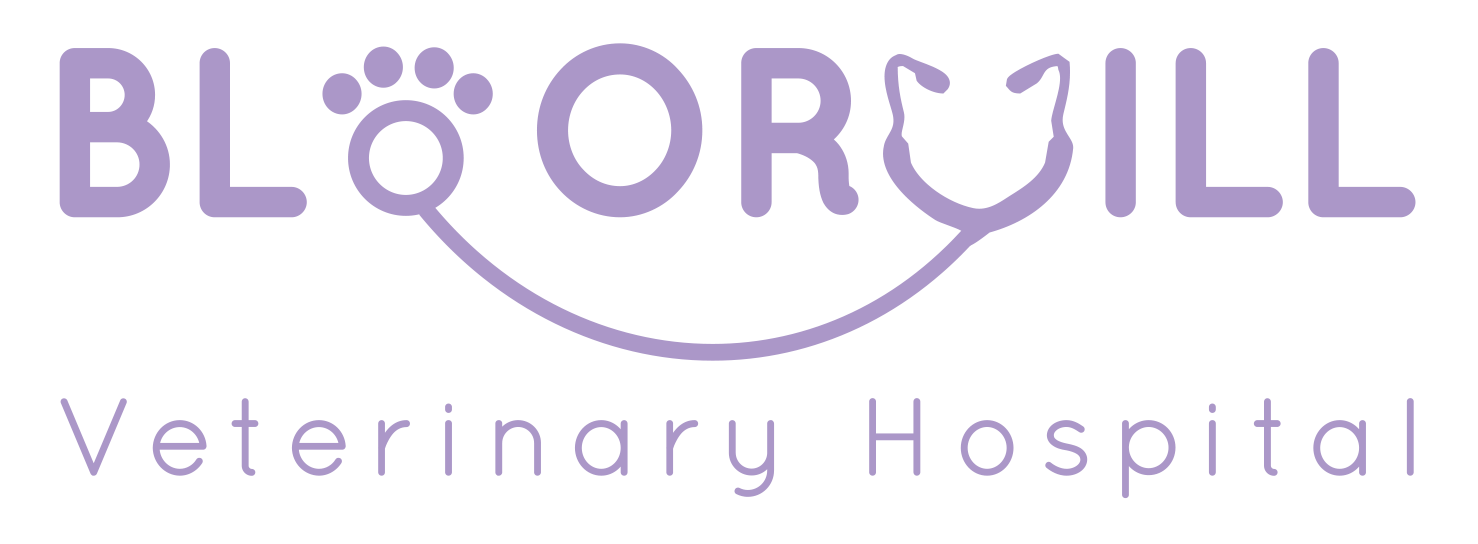
FAQs
-
Our hospital is open Monday to Friday from 8:00am to 7:00pm. On Saturdays we are open from 9:00am until 2:00pm. The clinic is closed on Sundays and Public Holidays.
-
Yes, patients need to book an appointment to be seen. Please reach out and we’ll be happy to book you an appointment.
-
We accept cash, debit, Mastercard and Visa.
-
Payment is required at the time of service. We work with a 3rd party payment plan company called PetCard and Humm. We also provide in-clinic express payment for the Trupanion Pet insurance. Please reach out to these services to see if they can be of service to you.
-
Spaying or neutering can be done at approximately 6 months of age. Your pet is given an exam prior to surgery to help determine whether your pet is healthy enough to undergo the surgical procedure. Current vaccinations are required at the time of surgery. A pre-anesthetic blood screen is 65% off regular price to provide an affordable cost of spay/neuter surgery to ensure your pet has a clean bill of health for anesthesia and surgery.
-
No, there is no advantage to letting your pet have one litter. However, there are plenty of advantages to having your pet spayed or neutered. These advantages include decreasing the chances of breast tumors later in life, decreasing the chance of cystic ovaries and uterine infections later in life, decreasing the desire to roam the neighborhood, decreasing the incidence of prostate cancer later in life, helping prevent spraying and marking, and also decreases the surplus of unwanted puppies and kittens.
-
Procedures involving non dissolvable sutures require them to be removed 10-14 days following the surgery.
We offer post surgical onesies which are very comfortable and stylish for your pet.
-
In order to earn a veterinary medical degree, you must generally complete at least seven years of university education. This includes a minimum of three years of pre-veterinary university education and four years in a program in veterinary medicine.
There are five accredited universities with veterinary medical programs in Canada. These schools are the only ones in this country where a veterinary medical degree can be earned.
Atlantic Veterinary College
Ontario Veterinary College
Universite de Montreal, Faculte de medicine
Western College of Veterinary Medicine
University of Calgary, Faculty of Veterinary Medicine
A typical veterinary medical student spends about 4,000 hours in classroom, laboratory and clinical study. In many ways, a veterinarian's education only begins with a degree. New scientific knowledge and techniques are constantly being developed and a veterinarian must keep their knowledge current by reading scientific journals and attending professional meetings, short courses and seminars.
-
Raising a new puppy is not easy, here are some information to get you started!
A Foolproof Plan for Potty Training Puppies
-
-
Absolutely! You can find resources for all creatures big and small at the Veterinary Partners. From pet wellness to disease processes, you will find the most reliable information here. There are hundreds of topics to choose from!
Ready for a visit?
Bloormill Veterinary Hospital offers pet wellness care, dental, diagnostic testing, surgery, senior pet care, pain management and more for dogs, cats, rabbits, rodents, and all other pocket pets in Etobicoke, Toronto and Mississauga! Easily request an appointment for your pet using our online system (PetDesk). We look forward to meeting you and your furry family members!

